We recently connected with Maya Colop-Morales and have shared our conversation below.
Maya, looking forward to hearing all of your stories today. We’d love to hear about a project that you’ve worked on that’s meant a lot to you.
After getting degrees in fashion marketing and entrepreneurship at LIM College in New York City, I returned to my home country, Guatemala, to start my own textile business. While I was there, I was approached by the nonprofit organization, Friendship Bridge, to consult with staff on how to help impoverished rural Guatemalan women artisans develop their businesses. From the beginning, I loved leading trainings for the artisans. I taught them about international markets where they could sell their handmade products, color combination, and consistent measurements for their products. Most of the artisans had very little formal education, and I loved seeing how they got inspired by the topics we were discussing. I loved seeing how their minds were opened and seeing them smile. Education has always been a huge part of my heart, and I loved having the opportunity to empower them.
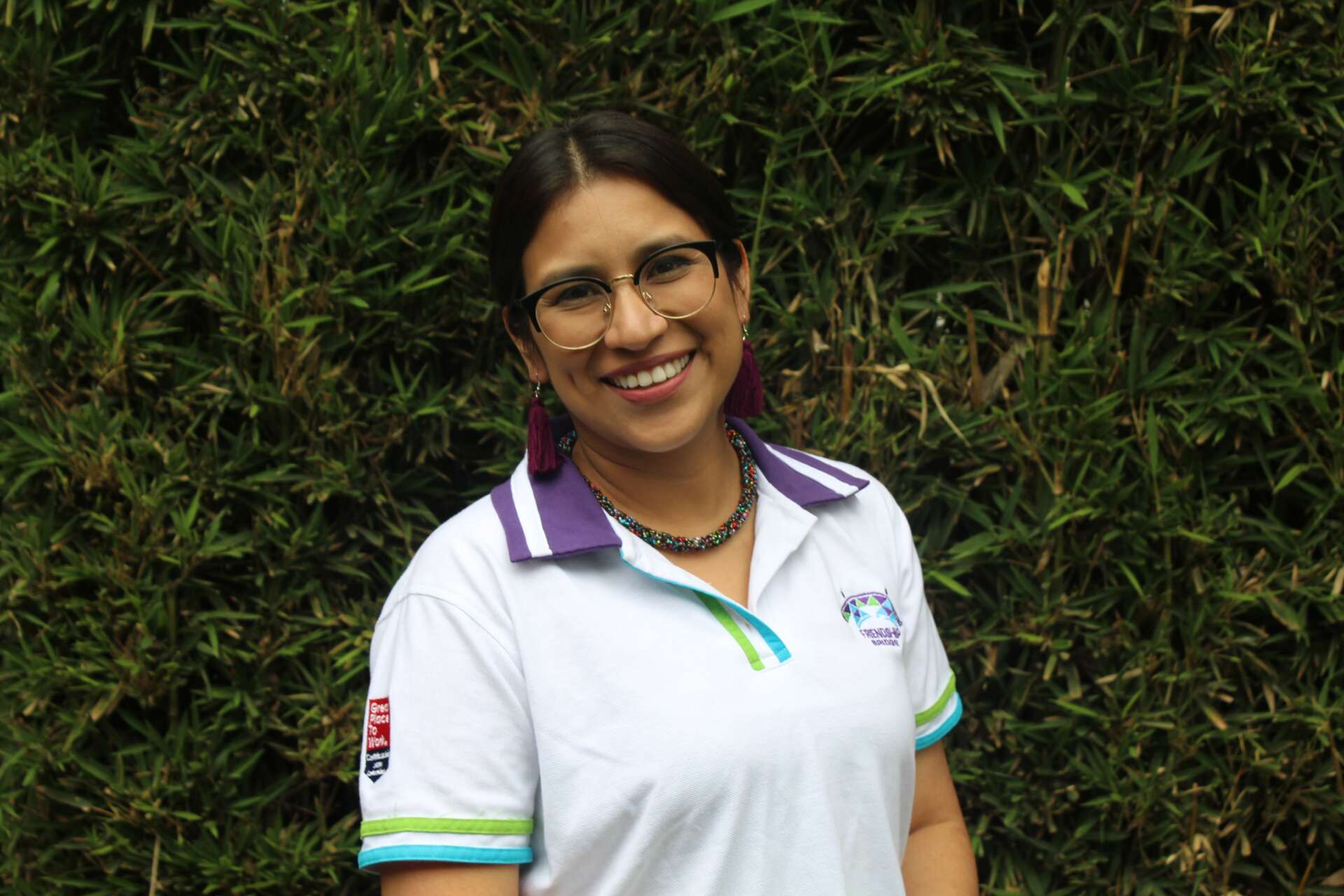

Maya, love having you share your insights with us. Before we ask you more questions, maybe you can take a moment to introduce yourself to our readers who might have missed our earlier conversations?
I am the manager of the Handmade by Friendship Bridge division of the nonprofit, Friendship Bridge. I was offered the position after first consulting with the organization on how their rural Guatemalan women artisan clients—weavers, bead artists, and textile producers—can grow their businesses.
I know not everyone has the mix of personality that you need to deal with clients, and I think I am a good mix of what is needed. My fashion and entrepreneurship background gives me the wisdom needed to help these women market their products. I think it takes a lot of patience to deal with so many different artists’ personalities. As we serve rural impoverished women, sometimes I can give too much of myself, and I don’t want to burn out. When you are serving someone, you have to take care of yourself also. It’s a balance. I try to achieve balance meditating at night and listening to a podcast of meditations and gratitude at the end of the work day. I try to be very grateful, and try to express that as much as I can to myself. What also keeps me going is seeing the impact of our work in the lives of the artisans we serve, and knowing that they are getting orders and making sales that will support their families.
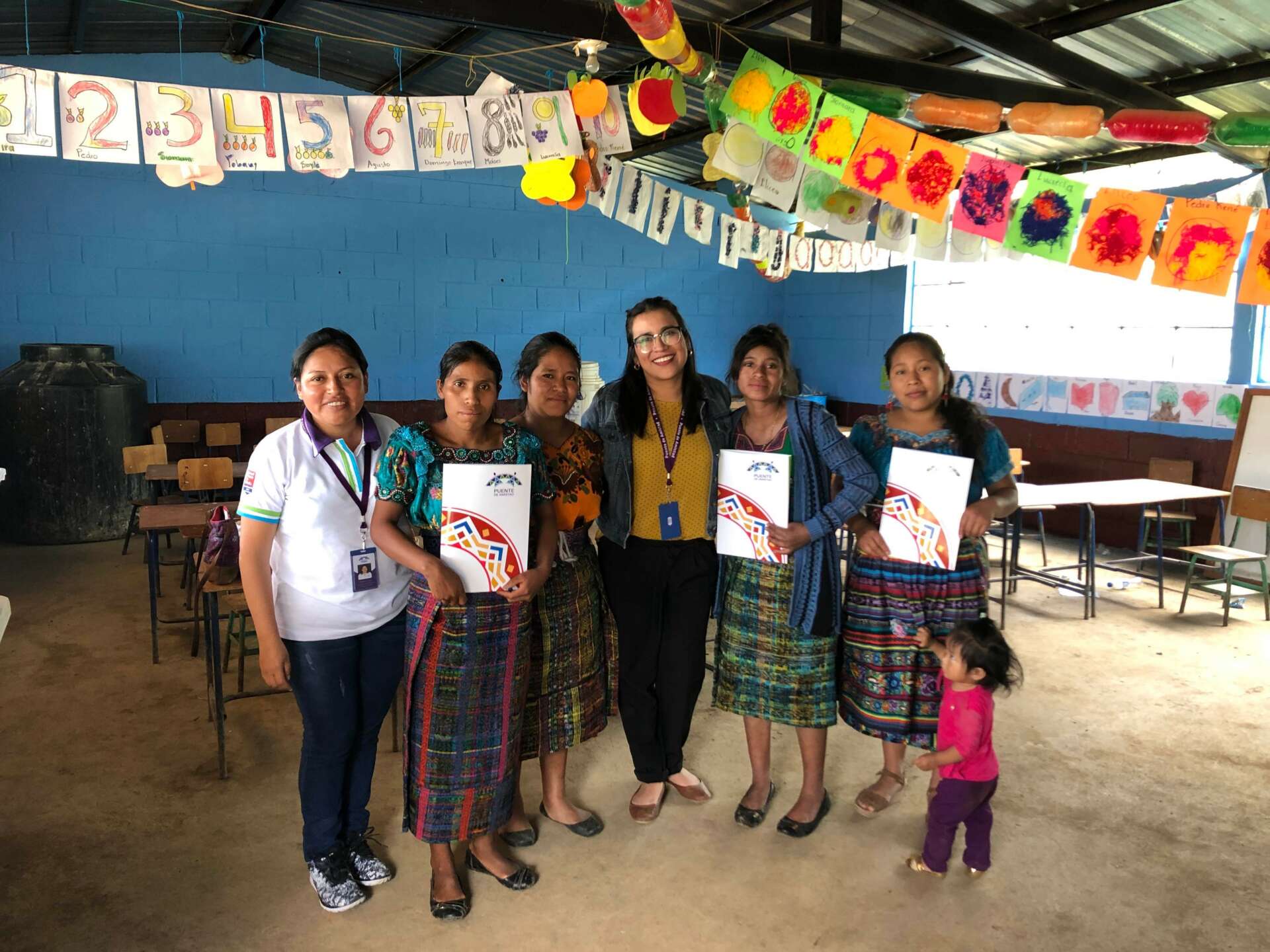
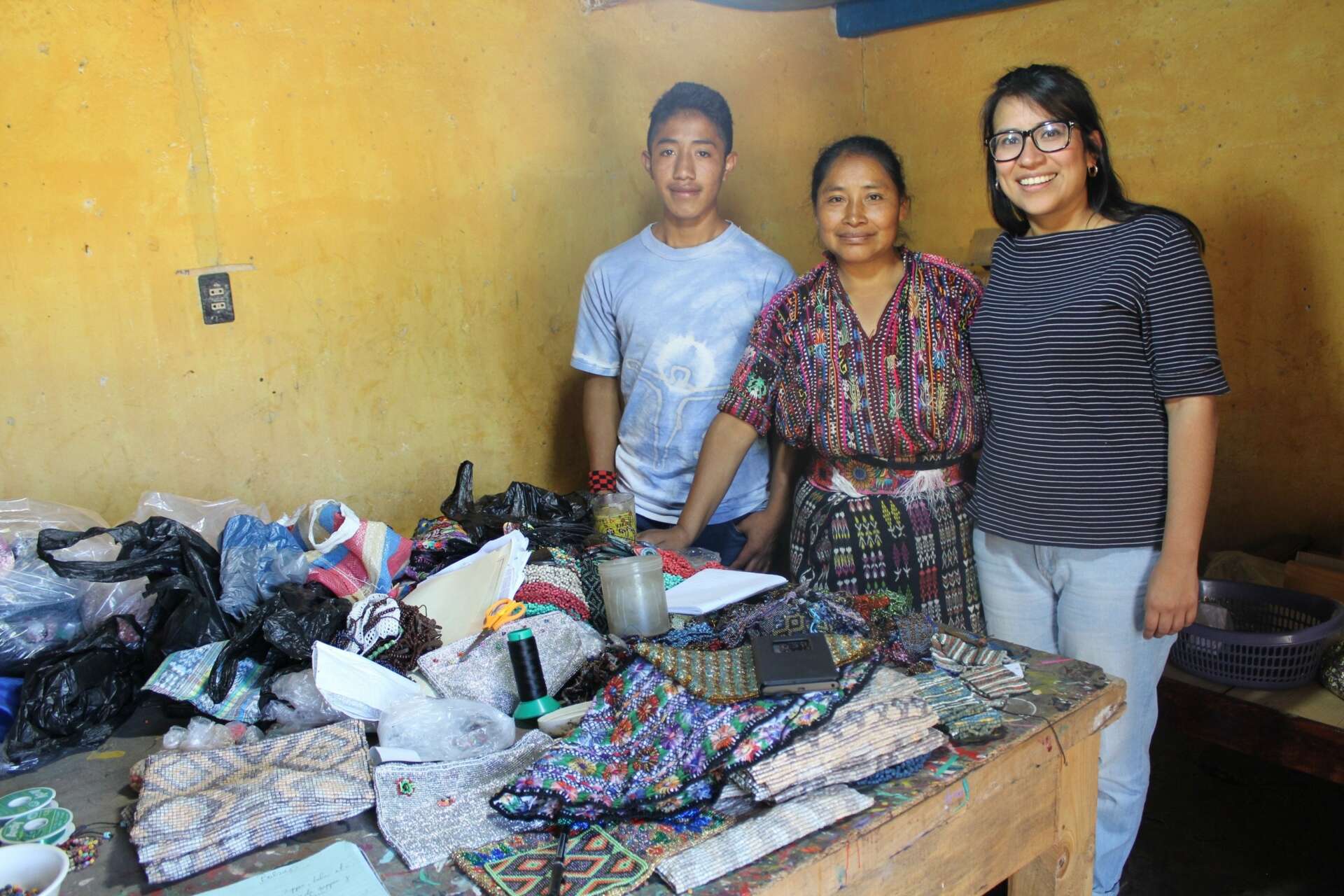
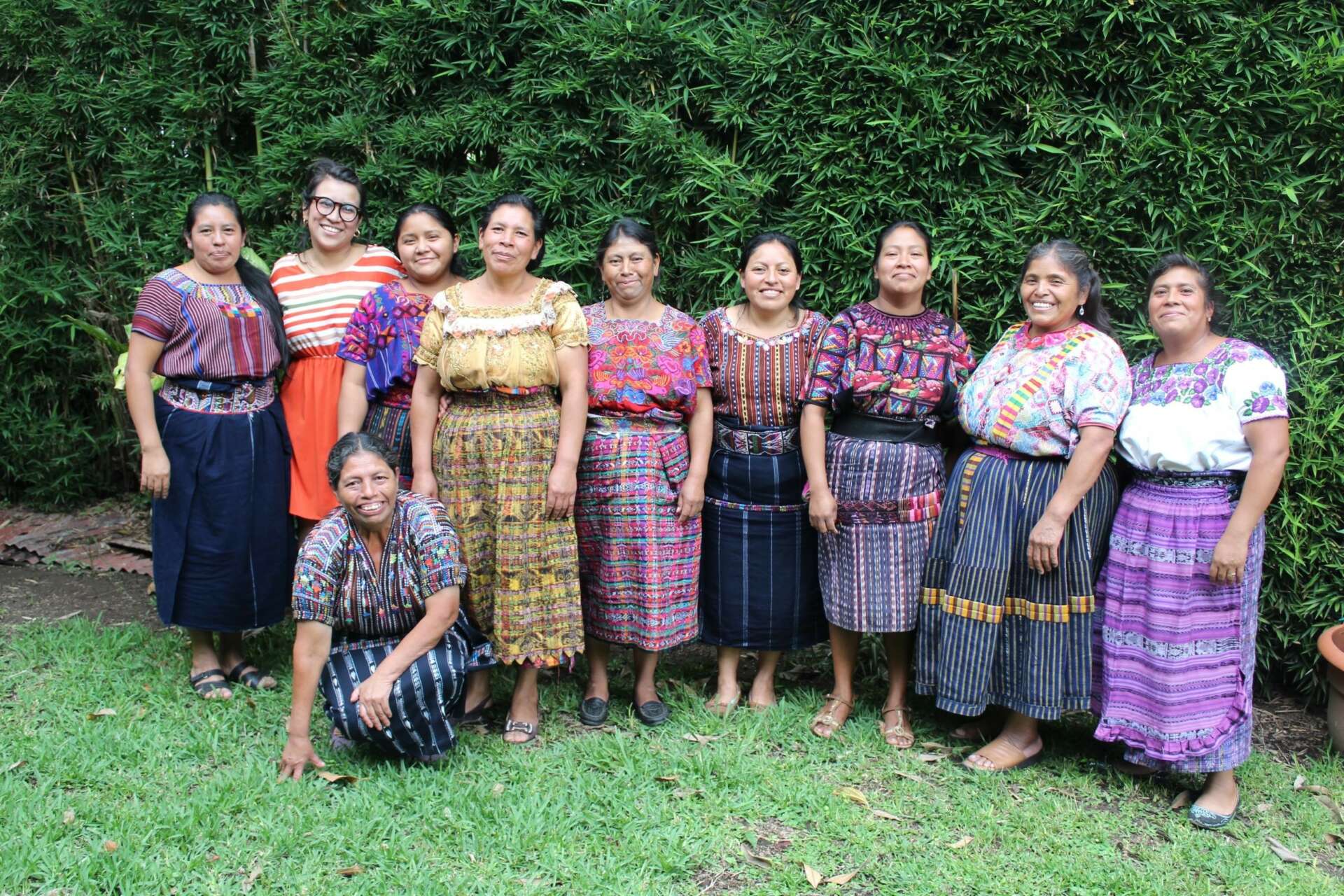
Can you tell us about a time you’ve had to pivot?
We had to pivot our business model during the COVID-19 pandemic, so our clients could continue to support themselves with the sale of their products. We responded by creating an online store for women to sell their products. We created new products such as face masks. We developed an e-newsletter with shopping opportunities, Facebook Live shopping events, and expanded our use of social media, which helped shoppers connect with us. We knew that if we didn’t, our artisans would end up losing money. By the end of 2020, we had tripled our online sales!

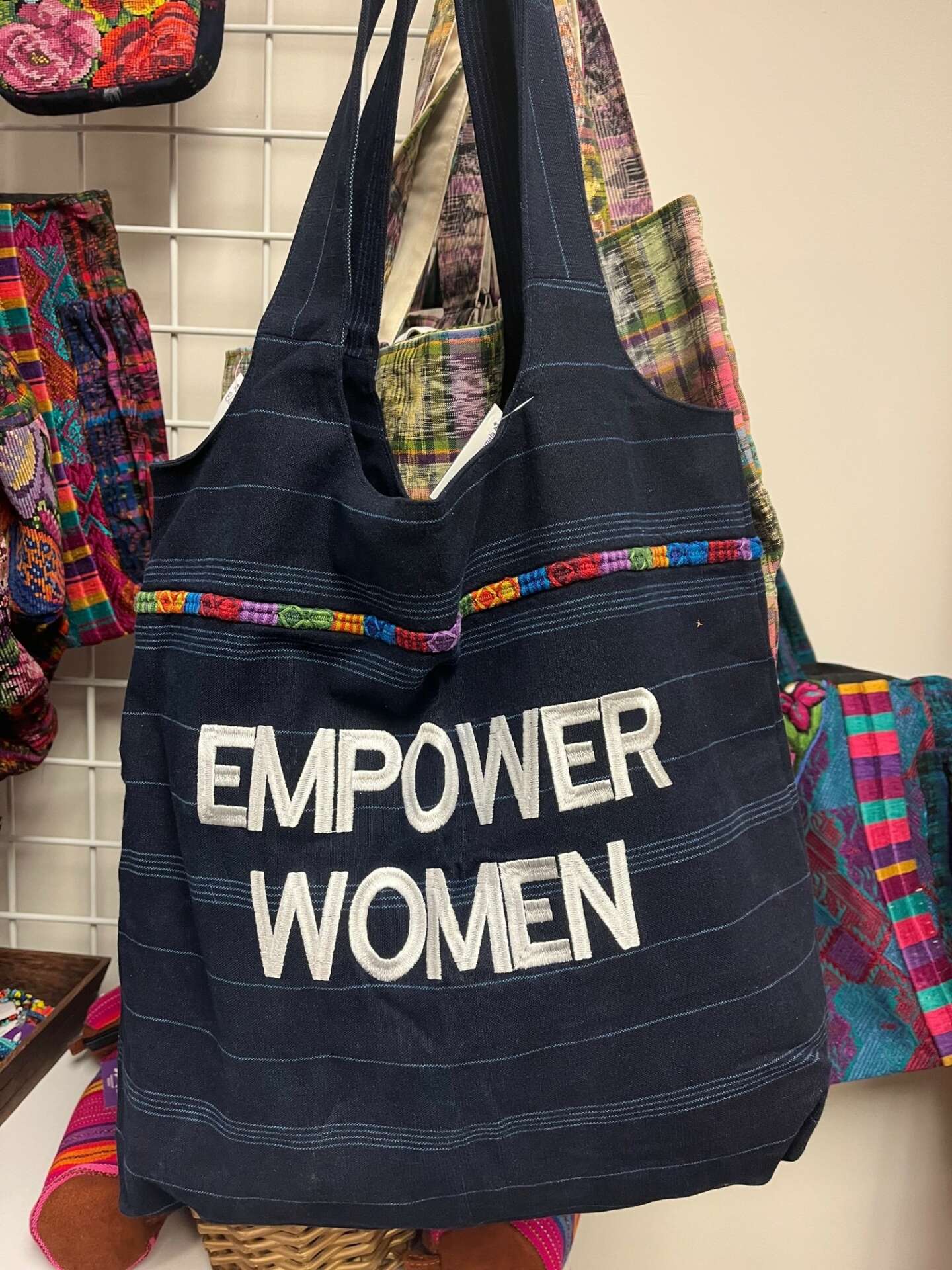
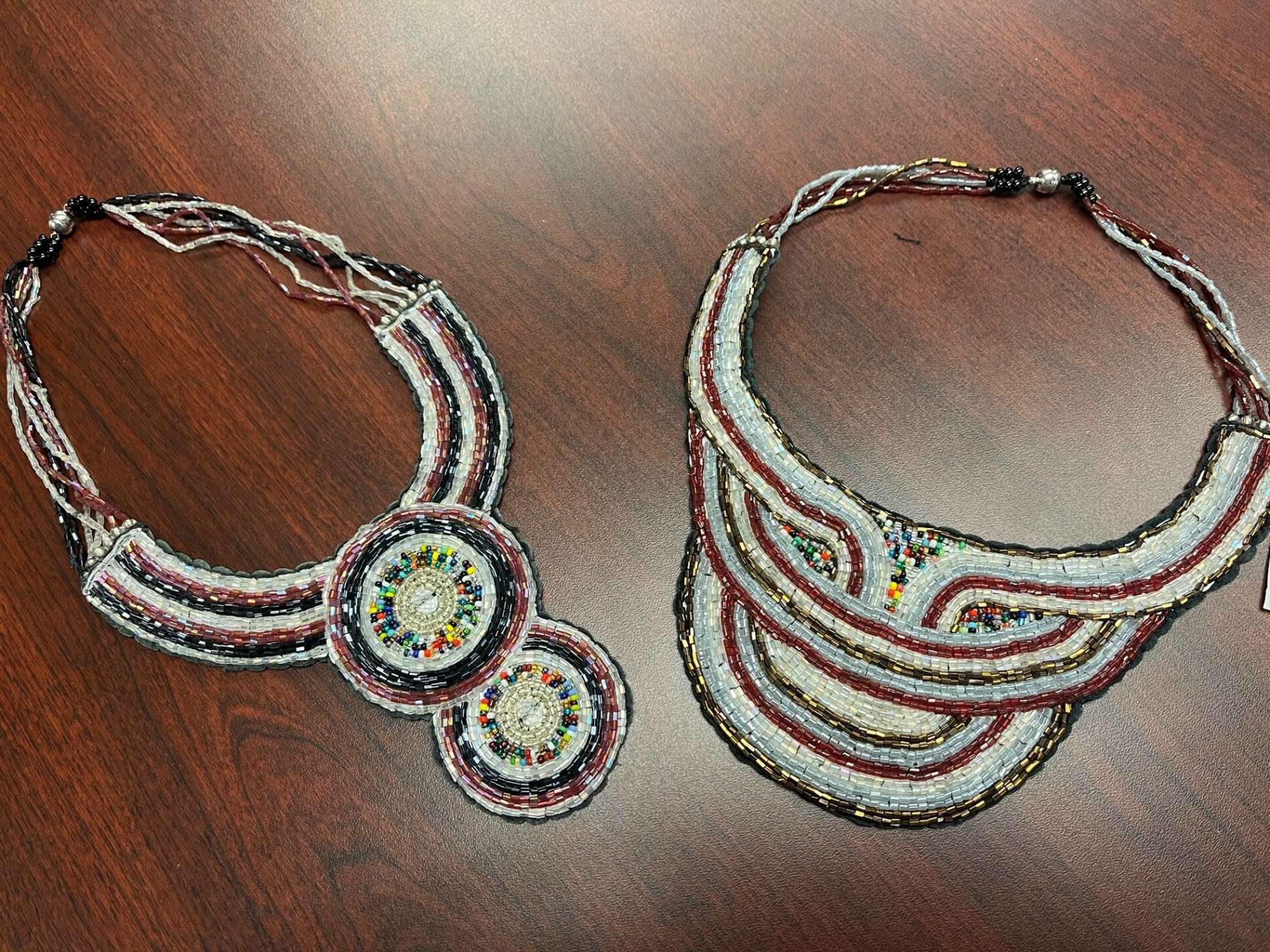
Is there a particular goal or mission driving your creative journey?
My goal is to empower the women artisans that I serve. It is a process to make sure that they learn confidence in making their own decisions. For example, I shared a flower design for a bracelet with one of our bead artists and suggested she could develop it. And she came back with a bracelet, a necklace and earrings that she designed. She said, “I don’t think it’s good, you tell me what you think.” She needed reassurance. I told her not to question her creative decisions, but to create, and then be open to changes and suggestions. It’s sometimes hard for creatives to receive feedback, but I teach them to take the feedback and learn how to improve their products. Let the feedback empower them.
Contact Info:
- Website: https://www.handmadebyfriendshipbridge.org/
- Instagram: @handmadefriendshipbridge
- Facebook: https://www.facebook.com/handmadebyfriendshipbridge


